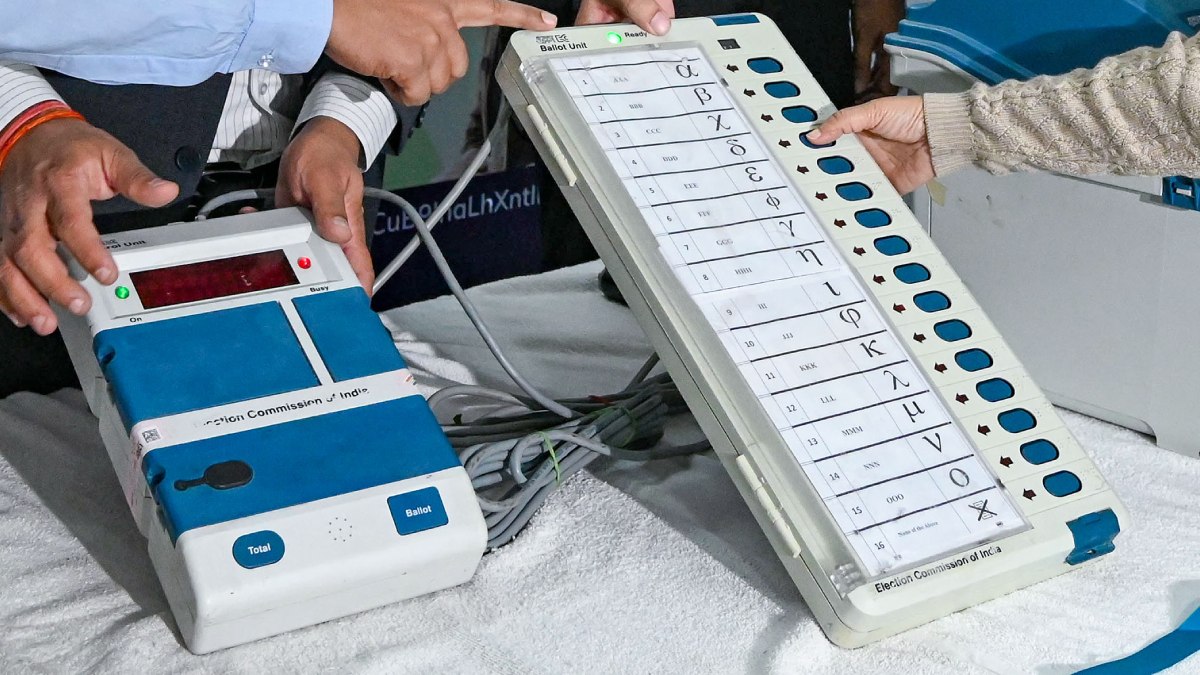Roadmap for GST pivotal for public finance: CII
New
Delhi,
Oct
28:
As
the
country
moves
towards
a
GST
(goods
and
service
tax)
by
2010,
the
chinks
in
the
rules
need
to
be
ironed
out
so
that
it
eliminates
taxes
that
lead
to
cascading
and
distortionary
effects
and
improve
efficiency
in
tax
administration
with
lower
cost
of
compliance
for
the
taxpayers,
CII
said.
A suitable roadmap GST is pivotal in carrying forward the public finance reforms, it added.
''An efficient, simple and buoyant tax system is essential for improving the state of public finances through better revenue collection. A buoyant source of Government revenue is of immediate importance to fund the Government plans on inclusive growth,'' said CII.
While preparing the roadmap, CII strongly feels that GST must be simple to administer with efficiency tax collection and credit disbursement mechanisms.
In this regard, CII had submitted the recommendations on GST to the Ministry of Finance to enable constitution of a suitable model of GST in India.
Acoording to CII recommendation, India to have only two indirect taxes in namely GST, both Central GST and State GST, and Property tax.
The Central GST to include central excise, service tax and education cess while the State GST to include a combination of all taxes presently levied by the state and octroi by municipalities.
CST needs to be phased out before introduction of GST.
CII also suggests that both Central GST and State GST to be levied on the common base price from manufacturing stage to retail stage on goods and similarly on services.
The chamber recommended that tax on sale of property to be levied on the value addition under state GST and not on the total amount as applicable presently and that municipalities should get financial support from the states to meet their expenses and should be allowed to impose only property tax.
Keeping in view, the existing tax administration machinery available at the central and state levels, CII feels that the responsibility of tax collection should be divided.
To reduce the cost of compliance, any one tax paying unit should pay Central and State GST to only one authority and the division can be - centre collects GST from the manufacturers and service providers and the states collect from others including traders.
The tax collected by the centre on behalf of the states should be passed on to the respective state and vice a versa.
Input tax credit should be available for Central GST as well as State GST paid irrespective of the collecting agency, said CII.
CII also called for the creation of a nationwide clearing house mechanism to facilitate transfer of Central and State GST and allow credit for tax paid.
Selection of services for imposing GST, CII said, should continue with the Central Government. States can be allowed to collect dual GST on certain services, which are directly consumed like beauty treatment, health club etc.
Dual GST should be levied on imports also with facility of credit for the tax paid.
The chamber recommended that exports must be zero rated- there should be no tax element in the price of goods exported and the tax collecting authority should be responsible for refunds, where admissible.
Refunds should be given based on the periodical return within stipulated time frame not exceeding the periodicity of return.
Consumer, the actual taxpayer, should be able to find the element of total tax paid, CII said.
''It is opportune time to announce the roadmap for GST with a suitable model that would bring greater efficiency in tax administration and lower cost of compliance to the taxpayers,'' the chamber added.
UNI


 Click it and Unblock the Notifications
Click it and Unblock the Notifications




